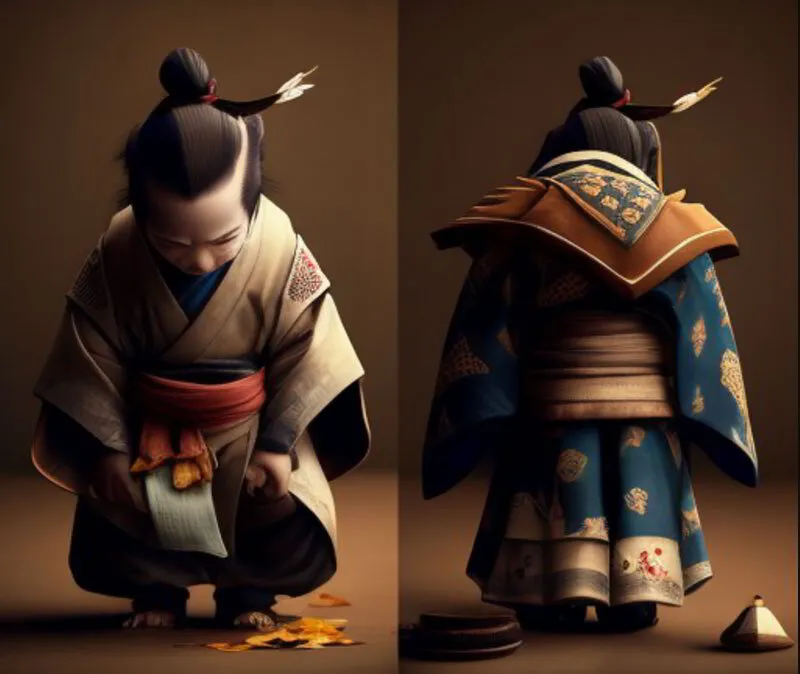Japanese Greeting Phrases and Words for Formal Occasions
Greetings are an essential part of Japanese culture, and they can vary depending on the time of day, the relationship between the speakers, and the situation. Japanese greetings often involve bowing, which shows respect and humility, and the use of honorific language to indicate social status.
Here are some of the different kinds of Japanese greeting phrases and words you may encounter:
Ohayou gozaimasu - This is a common greeting used in the morning, which means "good morning" in English. It's typically used until around 10 am.
Konnichiwa - This is a general greeting that can be used at any time of the day and means "hello" or "good afternoon" in English.
Konbanwa - This greeting is used in the evening, and means "good evening" in English.
Hajimemashite - This phrase is used when meeting someone for the first time and means "nice to meet you" in English.
Ogenki desu ka? - This is a common greeting used to inquire about someone's health, which means "how are you?" in English.
Arigatou gozaimasu - This is a polite way to say "thank you" in Japanese.
Gomen nasai - This phrase is used to apologize and means "I'm sorry" in English.
Sayounara - This is a farewell greeting and means "goodbye" in English. It's typically used when you don't expect to see the person again for a while.
Mata ashita - This is another farewell greeting, which means "see you tomorrow" in English.
Ittekimasu - This is a phrase used when leaving the house, which means "I'm off" or "see you later" in English. It's often used when someone is leaving for work or school.
Tadaima - This phrase is used when returning home and means "I'm back" or "I'm home" in English.
Otsukaresama desu - This is a phrase used to show appreciation for someone's hard work, which means "thank you for your hard work" in English. It's often used in the workplace.
Douzo yoroshiku - This is a phrase used when asking for someone's cooperation or help, which means "please be kind to me" or "please take care of me" in English.
In addition to these phrases, there are also various honorifics and polite expressions used in Japanese greetings, depending on the social status of the speaker and the listener. For example, adding -san after someone's name is a common way to show respect, while using -chan or -kun after someone's name is more casual and often used among friends or family members.
In conclusion, Japanese greetings are an important part of the culture, and there are many different phrases and words used depending on the situation. Learning these greetings can help you communicate better with Japanese people and show respect for their culture.
Shop Japanese Writing Textbooks
Looking for a comprehensive resource to help you master hiragana writing? Check out our new hiragana worksheet book, which includes 46 primary hiragana characters and features a special design for left-handed writers. With our worksheet book and a little bit of practice, you'll be on your way to becoming a pro at hiragana writing in no time!

